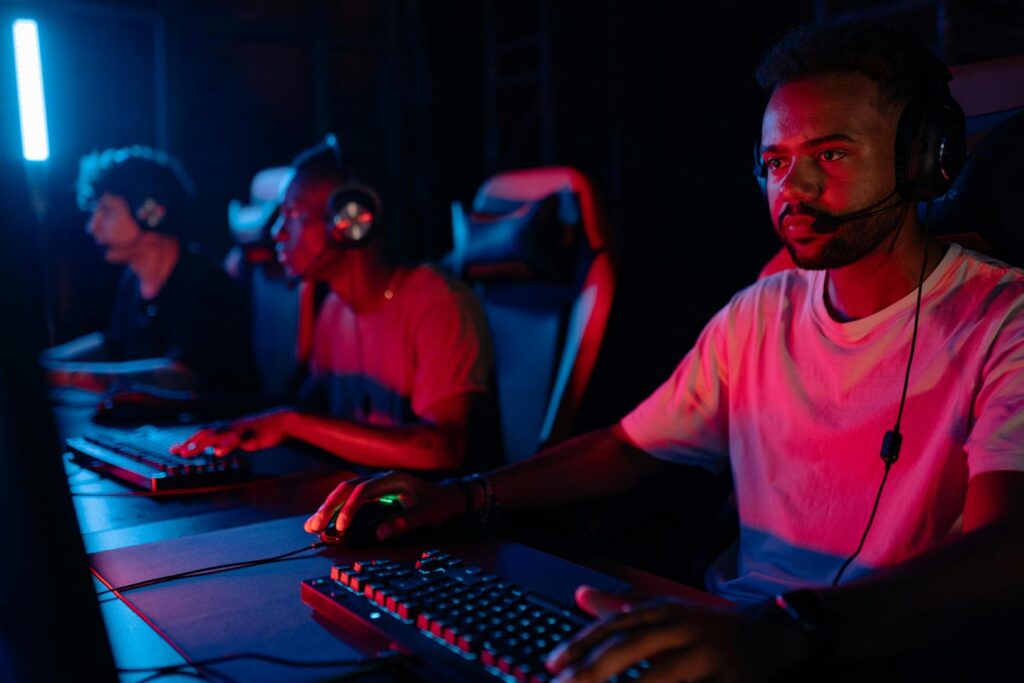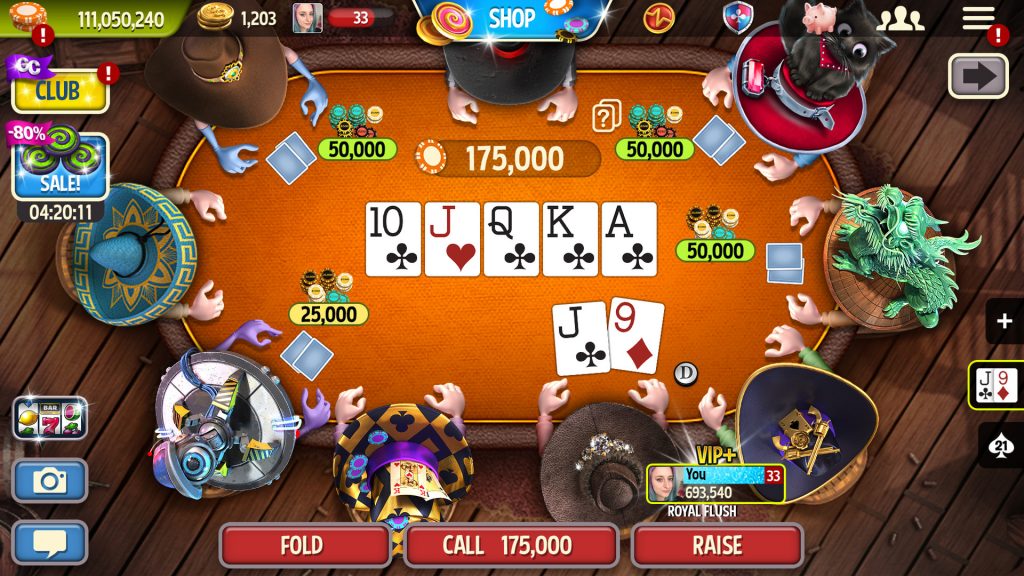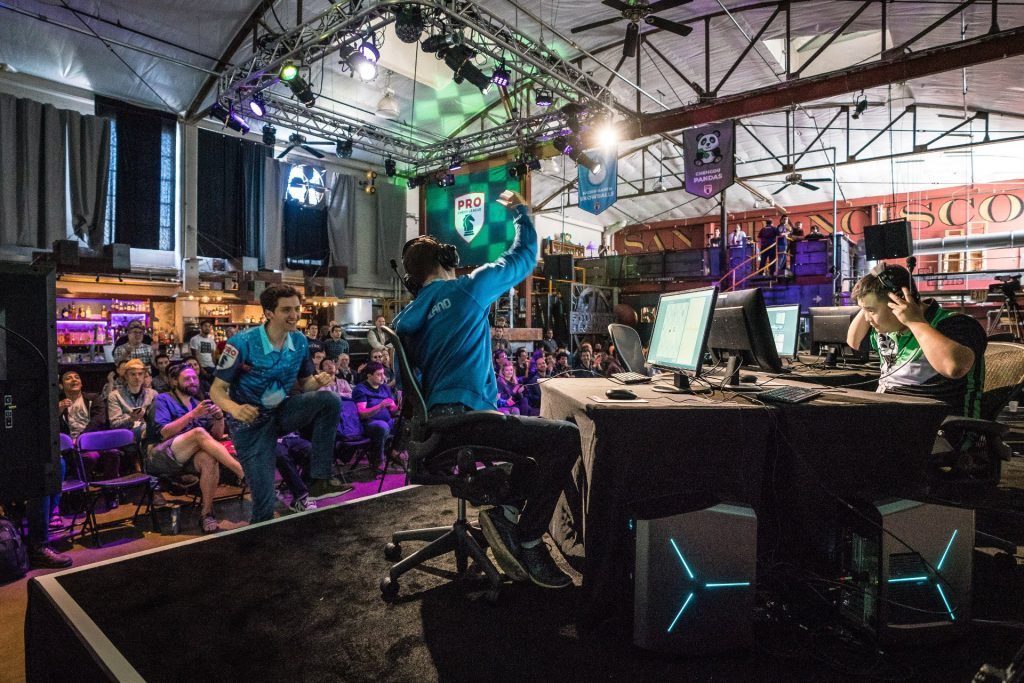If you’re a keen eSports player, you’ll already be part of a highly competitive and strategic gaming sector. But, have you ever considered branching out into mind sports?
Games like poker, chess, and other mental competitions aren’t so different from what you’re used to in competitive video gaming. The same skills you’ve honed in the digital arena – strategic thinking, intense focus, and adaptability – are central to these games, too. Transitioning into these activities could help sharpen your competitive edge even further.
Let’s break down the top reasons why you, as an eSports player, should give mind sports a try.

What are Mind Sports?
The primary skill for success in a mind sport is mental, rather than physical. Unlike traditional sports, where physical abilities such as strength or agility can determine the outcome, mind sports rely on cognitive skills like strategic thinking, decision-making, memory, and concentration.
The types of games under the banner include chess, poker, bridge, and even Scrabble. They’re often played in tournaments or competitive leagues and attract gamers who seek out an intellectual challenge and the opportunity to test their cerebral skills.
Sounds familiar, right? If you’re already seeing parallels between mind sports and eSports you wouldn’t be wrong. Games like chess and poker actually set the template for competitive video gaming. Plus, thanks to modern tech, they’re widely available to learn and play online at digital poker platforms like PokerStars and the ubiquitous Chess.com. There are a ton of real-life events too, like the annual Mind Sports Olympiad.

Reasons to play Mind Sports
Improved strategy
A game like poker is all about reading other players, controlling your actions, and calculating risk. Mastering the game requires a truly strategic mindset, which will only benefit you as an eSports player. Think about it; whether you play MOBAs like League of Legends or battle royale games like Fortnite, you know your success hinges on planning, positioning, and timing as much as on adept gameplay.
Multitask like a pro
Have you ever played a round of speed chess? Nothing quite gets you multitasking like keeping an eye on the clock while planning your next strategic move against a deft opponent. The same goes for poker, in which you need to keep track of your cards, the behaviour of your opponents, the wagers you’re making, and all the probable outcomes – all at once!
So, how can this benefit you as a gamer? Well, chances are you’ll be playing competitive multiplayer games, and whether that’s in-person at a tourney or via the digital realm, you still need to be aware of the moves your opponents are making. Add into the mix team dynamics, your objectives, and even demands on your eyesight like managing multiple screens, and it’s clear that spending some extra time on training your multitasking skills wouldn’t go to waste.

Pattern recognition
In most mind sports, reading patterns and recognising common openings and strategic traps allows players to anticipate their opponent’s next moves. Spotting such patterns quickly can make or break a game.
Patterns aren’t limited to chess and poker, though. Pretty much any game that involves an opponent will also involve patterns, be that build orders or attack strategies. Finding new ways to recognise and adapt to developing patterns by playing mind sports can really sharpen your grey matter for your primary game.
Critical thinking
As a pro or aspiring pro gamer, you can think of critical thinking as your bread and butter. Whether you’re formulating a strategy to take down an enemy base or deciding when to engage in a firefight, every decision requires careful consideration.
Mind sports take critical thinking to the next level. Chess, for instance, is sometimes called a battle of minds, as every move matters, and a player’s ability to think critically will set them apart. As challenging as it is to get this cognitive skill up to speed when playing chess, you’ll soon notice the difference when you come to play your chosen eSport.
Want more feature pieces like this? You’ll find them over on our features section.